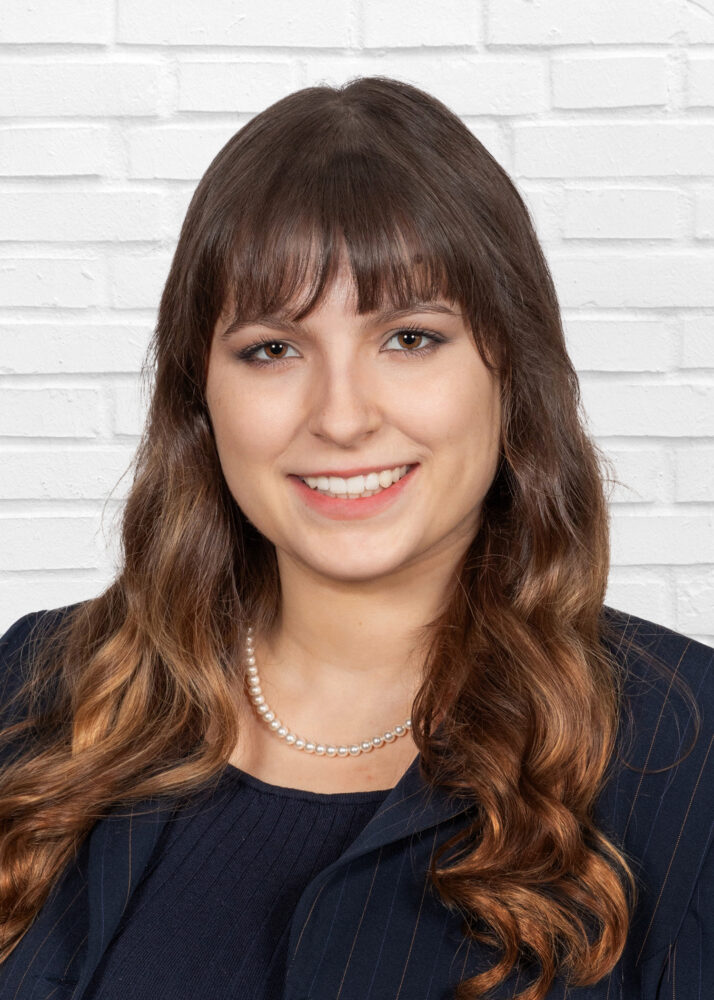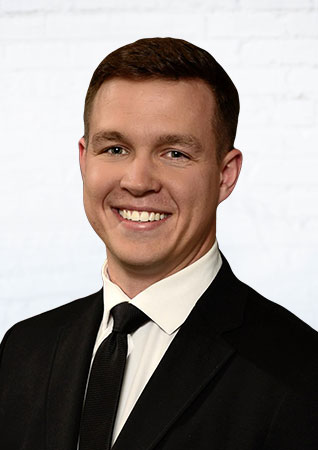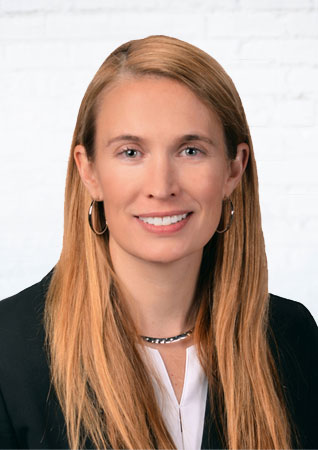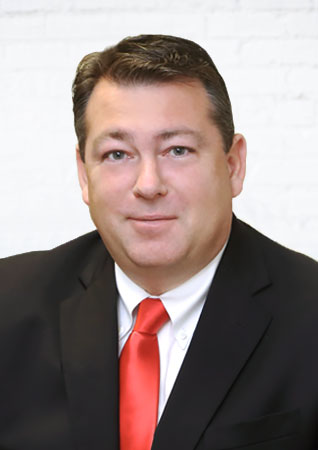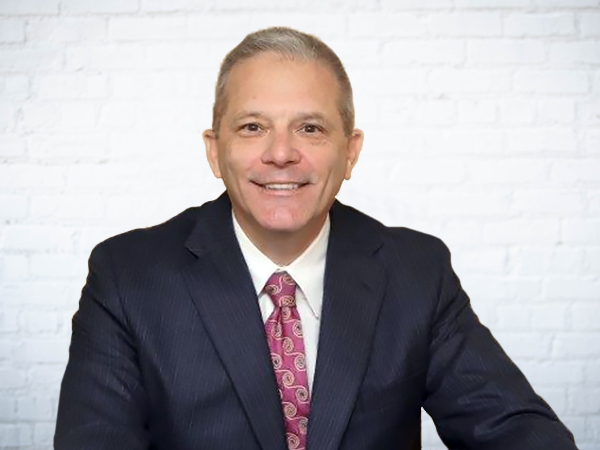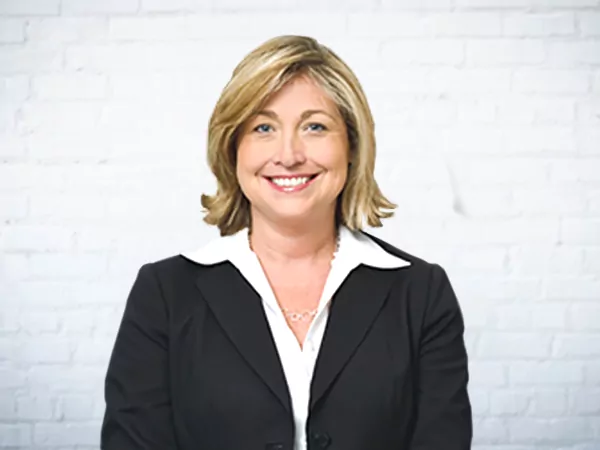How can you prove Premises Liability in Richmond?
A premises liability lawsuit holds a property owner accountable for any damages resulting from an injury on their property. In all states, property owners who occupy their premises are required to make a reasonable effort to maintain a safe environment for visitors. Successfully proving premises liability involves demonstrating negligence or failure to uphold a duty of care. This process is governed by specific legal principles, which can differ depending on the classification of the individual on the property – whether they are an invitee, licensee, or trespasser, as detailed in the Virginia Code.
Invitee
An individual attains invitee status when they access premises open to the public for its intended purpose. The possessor of the property is obligated to exercise ordinary care in maintaining the premises reasonably for the well-being of invitees.
Licensee
A licensee, as described, is someone who enters a property for personal convenience or gain with the explicit or implicit consent of the proprietor. Licensees include social visitors, outdoor enthusiasts, travelers encountering railroad crossings, and a diverse array of other scenarios.
Trespassers
In general terms, property owners bear no obligation to ensure the safety of trespassers. This principle aligns with the rationale that property owners are not mandated by law to uphold the safety of individuals who lack permission to be on their property.
For answers to your questions about a premises liability in Richmond, call:800-321-6741
What is Premise Liability?
When an accident with injuries occurs on the property of another person or entity, there is the potential for a premise liability claim. Property owners are legally responsible for any injuries sustained on their property as a result of an unsafe condition, so long as that condition was known or should have reasonably been known. Premise liability exists in almost every type of structure or open space, however, the most common locations of a premise liability accident in Virginia include businesses, parking lots, construction sites, and private homes. One important factor regarding premise liability claims is who owns the property, whether it is a governmental entity, a private property owner, or a business owner.
Role of a Richmond Premises Liability Attorney
A Richmond Premises Liability Attorney plays a crucial role in advocating for individuals who have suffered injuries due to hazardous conditions on another’s property. These attorneys specialize in cases where property owners or managers may have failed to maintain safe environments, leading to accidents such as slips, falls, or other injuries. Their expertise lies in thoroughly investigating the incident, gathering evidence, and determining whether the property owner was negligent in their duty to ensure safety. This often involves reviewing maintenance records, interviewing witnesses, and consulting with experts to build a strong case.
Securing Compensation
Once negligence is established, the attorney works diligently to secure fair compensation for the injured party. This includes negotiating with insurance companies or the property owner’s legal team to cover medical expenses, lost wages, pain and suffering, and other related damages. If a settlement cannot be reached, the attorney may take the case to court, presenting the evidence to a judge or jury to obtain a favorable verdict.
Support and Guidance
Beyond legal representation, a Richmond Premises Liability Attorney also provides guidance and support to their clients throughout the legal process, helping them understand their rights and options. By holding property owners accountable, these attorneys play a vital role in promoting safer environments and ensuring that victims of negligence receive the justice and compensation they deserve.
Click to contact us today
Types of Premise Liability Cases
As noted, premise liability can apply to public or private properties, including residences, office buildings, restaurants, theaters, shopping malls, grocery stores, hotels, motels, nursing homes, entertainment venues, nightclubs, sports arenas, hospitals, parking structures, apartment complexes and more. Some of the more common types of premise liability accidents include:
- Slip and fall accidents—Slip and fall accidents are possibly the most common type of premise liability claims as well as the most straightforward type. Conditions that can lead to a slip and fall accident include uneven stair treads, poor lighting, lack of handrails, wet or slippery floors due to spills or accumulation of ice and snow, unsecured rugs, torn carpeting, uneven thresholds, loose or broken flooring, oil spills in parking lots sidewalks or steps or items in the walking path. Slip and fall accidents can result in serious injuries which lead to an inability to return to work for a significant length of time as well as an overwhelming level of medical expenses.
- Dog bites—Like slip and fall accidents, dog bites can result in serious injury. Virginia is a “one bite” state, as well as a “contributory negligence” state. This means that while the state holds a dog owner legally liable for a dog bite if the bite was the result of negligence or a violation of animal control laws, the owner is held liable only if he or she knew or should have known the dog might act aggressively. Further, the person who was bitten by the dog must be able to show he or she did nothing that contributed to being bitten by the dog—i.e., the person did not tease or otherwise antagonize the dog.
- Swimming pool accidents—Swimming pool accidents usually involve children and an unsecured, unsupervised swimming pool. As with most states, Virginia swimming pool owners can be held liable for an accident if negligent supervision, maintenance, or operation of a swimming pool causes the injury or death of another person. Public pool owners are responsible for hiring, training, and supervising lifeguards and other staff, pool and park owners are responsible for maintaining pools, diving boards, decks, drains, ladders, and fences and homeowners are responsible for properly securing their pools from unsupervised users, usually by surrounding the pool with a fence and a locking gate.
- Accidents due to inadequate maintenance—Many premise liability accidents are the result of an unsafe condition due to lack of maintenance. Lack of maintenance can be in the form of spills or fallen merchandise, cluttered aisles, overgrown trees or bushes, or uneven or broken steps, stairs, or sidewalks. Property owners are required to perform routine maintenance on their property to avoid any hazards which could result in an accident and subsequent injuries.
- Security lapses resulting in accidents—Inadequate building security is generally more of an issue in office buildings, hotels, motels, or apartment buildings. Owners of such businesses have a duty to reasonably secure access to the building. This could come in the form of having secure locks on all the doors or having doormen or security guards who keep watch over the property and the tenants or guests.
- Hazards associated with defective stairways—Stairways pose dangers when handrails are broken or insecure, steps are damaged, or spills, ice, and debris are not promptly addressed.
Complete a Free Case Evaluation form now
Types Of Premises Liability Injuries
Premises liability accidents can result in a variety of serious injuries, many of which have long-lasting effects. Some of the most common injuries seen in these cases include:
- Neck and Back Injuries: Commonly caused by falls or heavy impacts, these injuries can lead to chronic pain or mobility issues.
- Spinal Cord Damage: Severe falls or accidents can cause spinal injuries, potentially resulting in paralysis.
- Head and Brain Injuries: Falls or being struck by objects can lead to concussions or more severe brain injuries.
- Broken Bones: Fractures are frequent in slip and fall accidents, affecting areas like the wrists, hips, and legs.
- Sprains and Strains: Sudden falls or twists can lead to painful soft tissue injuries.
- Cuts and Lacerations: Sharp objects or hazardous conditions can cause significant cuts and puncture wounds.
- Internal Injuries: Blunt force trauma can result in internal bleeding or organ damage, requiring urgent care.
- Burns: Contact with hot surfaces or chemicals can cause severe burns with lasting effects.
- Amputations: Catastrophic accidents can lead to the loss of limbs.
- Respiratory Issues: Exposure to harmful substances can result in serious breathing problems.
These injuries highlight the importance of holding property owners accountable for unsafe conditions to ensure victims receive the compensation they need for recovery.
What are the factors of premises liability in Virginia?
Statute of Limitations in Premises Liability Cases
Is Premises Liability the Same as Negligence?
In premises liability cases, negligence is often a key component in building a strong case on your behalf. Property owners have a duty of care to maintain a safe environment for visitors, and if they fail to uphold this duty and someone is injured as a result, it is considered a form of negligence in premises liability cases.
The property owner’s negligence may involve actions or omissions such as failing to address known hazards, not conducting regular maintenance, or not providing adequate warnings about potential dangers on the property.
Premises Liability Insurance vs Personal Liability Insurance
Premises Liability Insurance and Personal Liability Insurance are distinct types of coverage, each addressing different scenarios of liability and protection.
How Tronfeld West & Durrett Can Handle Your Premise Liability Claim in Richmond
When you have been injured on another person’s property, you may be left with serious injuries, unsure of what to do or where to turn. The Tronfeld West & Durrett attorneys have handled many premises liability claims for their clients, helping those clients get the settlement they need and deserve. You can speak to one of our highly experienced attorneys to determine the course of action you need to take in order to obtain reimbursement for your injuries and lost wages. We have offices conveniently located in your neighborhood, whether you are in Richmond, Petersburg, Chesterfield, or Mechanicsville. Contact the knowledgeable attorneys at Tronfeld West & Durrett.
Richmond Office
4020 West Broad St
Richmond, VA 23230
Phone: 804.358.6741
Toll Free: 800.321.6741
Call or text 800-321-6741 or complete a Free Case Evaluation form


